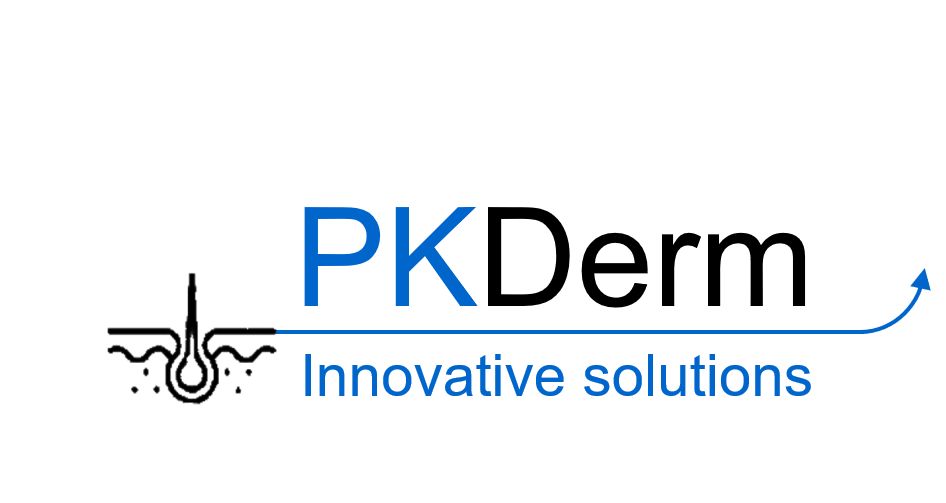Dr. Suguna Devi Sakkiah received her Ph.D. from Gyeongsang National University (GNU), South Korea in 2012 and her master’s degree from Bharathiar University, India. In 2010, she received a Young Pioneer Research Scientist award while pursuing her Ph.D. After receiving her Ph.D., she worked as a postdoctoral researcher at the Gwangju Institute of Science and Technology, the University of California, Los Angeles and the Cedars-Sinai Medical Center, Los Angeles from 2012 to 2015. She joined NCTR as an ORISE postdoctoral researcher in 2015 and converted to an FDA staff fellow in 2018. During her research career, Dr. Sakkiah has published more than 60 peer-reviewed research articles and review papers, and two book chapters.
Research Interests
Dr. Sakkiah’s main interests are in cheminformatics, molecular docking, molecular dynamics simulation, QSAR, database, and machine learning. To assist in safety evaluation of FDA-regulated products Dr. Sakkiah has developed multiple models to predict chemicals such as neuronal acetylcholine esterase binding with endocrine receptors (androgen and estrogen receptors). Currently, she is developing an androgenic activity database (AADB) to enhance knowledge about endocrine disruptors and to apply computational chemistry and machine learning to reduce drug cardiotoxicity and opioid addiction.
OpenTox Virtual Conference Session 1. Endocrine Disruption
Endocrine disruptors are chemicals which can interact with nuclear receptors and alter endocrine function which leads to various adverse health effects in humans. The evidence that endocrine disruptors could disrupt endocrine systems sparked intense international scientific discussion and debate, culminating in issuance of legislation that reauthorized the Safe Drinking Water Act and the 1996 Food Quality Protection Act. These laws mandated that the Environmental Protection Agency develop an endocrine disruptor screening program. This session will give a deep and insightful discussion about the endocrine disruptors and their mechanisms to alter the function of the endocrine proteins such as estrogen receptor, androgen receptor, etc. Mainly the core important hormone enzymes Estrogen-related receptor alpha and Aldo–Keto Reductases C3 (AKR1C3) will be discussed including their metabolism, pathways, and key concepts of related drug design approaches. Also, we will discuss the mechanism of the estrogen related receptor and its role in hepatic metabolism and pathophysiology.


